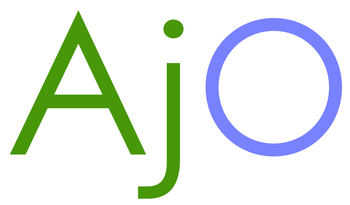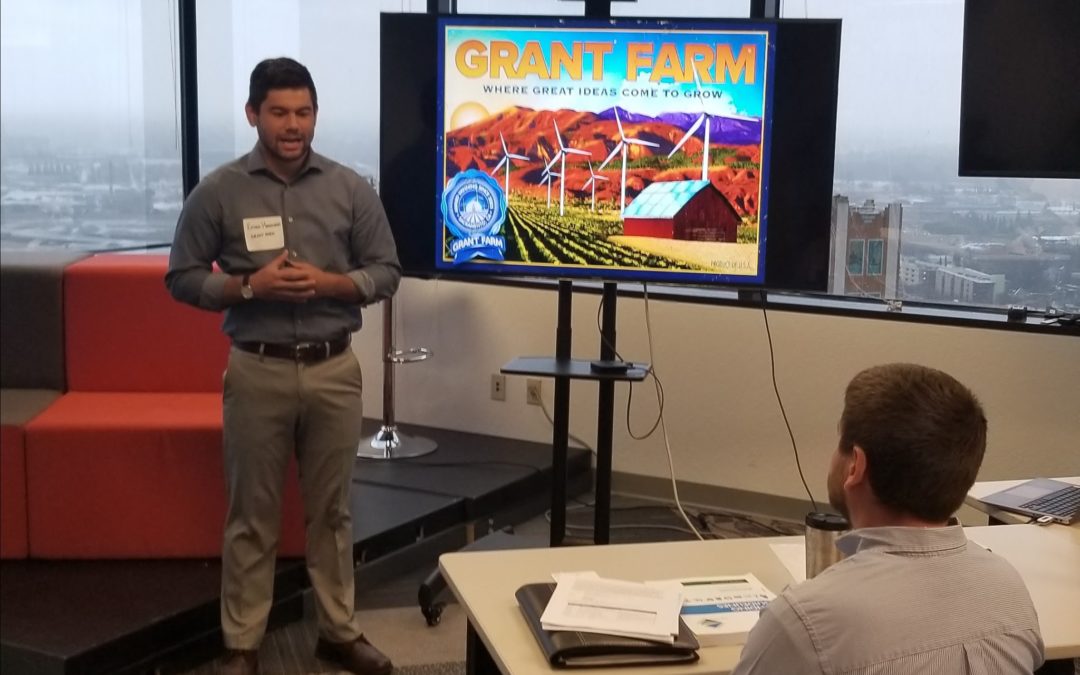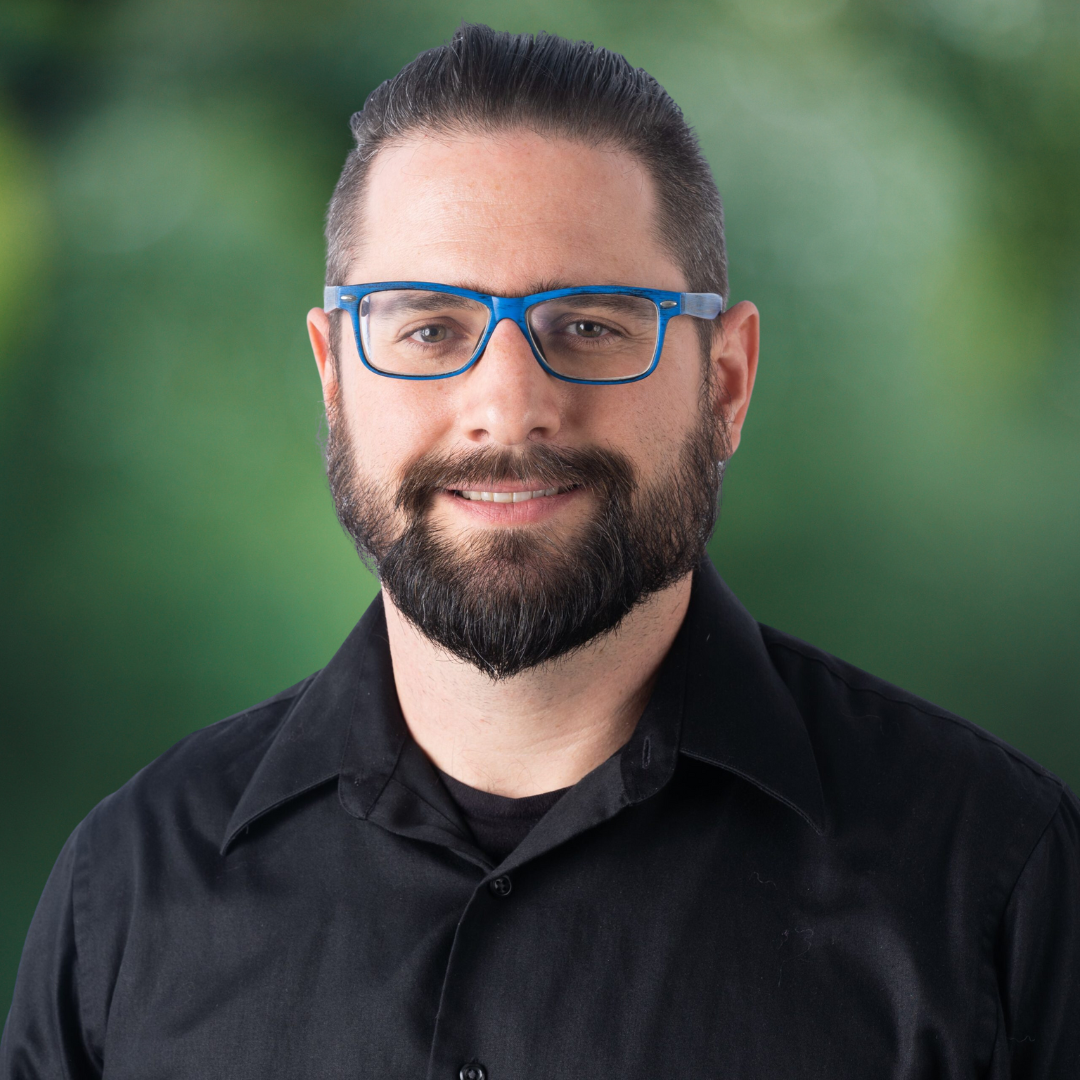
Company Profile: AjO
Our next greatest energy resource may not be found in the ground, the wind or the ocean, but in the simple act of fine-tuning the systems we already have. What am I talking about? I introduce to you AjO, the startup shaking up the way the housing industry deals with energy efficiency.
AjO is a web-based data tool that integrates data and visual story to drive demand for home energy efficiency. The database is the first of its kind to supply fast, easy and accessible reports to track the details of home improvement projects. It will allow contractors, builders and real estate agents alike to inform homeowners on the percent and dollar value of upgrades that reduce energy usage, such as lighting and insulation. Additionally, all fields are coded for search capacity so AjO is helping create a standardized dictionary of terms and opening doors for people working in the housing industry that are not certified in energy efficiency.
Debra Little, the visionary entrepreneur behind AjO, says that by viewing energy efficiency as an energy resource, it has the power to displace other more costly measures such as building new energy plants. Investing in AjO, alongside other energy efficiency tools can ultimately reduce our reliance on fossil fuels and yield a cleaner planet. This one central goal has driven Debra to work tirelessly in R&D for years and bootstrap the entire project herself.
Debra is currently growing AjO, connecting with communities like CleanStart partner BlueTechValley (BTV), and looking for additional funding to push it to the next level. Unfortunately, taking advantage of support like BTV takes Debra an entire day to drive to and from Fresno or the Bay area. Naturally, AjOis looking forward to a larger CleanStart presence for support here in Sacramento. Entrepreneurs like Debra can benefit from CleanStart connections and events like last month’s grant workshop and future Cleantech Meetups. Make sure to keep on the look out for this rising startup!
For additional information, visit AjO’s website here or contact Debra Little at DL@AjOhp.org.

ABOUT THE AUTHOR
Kate is a recent graduate of Cal Poly, San Luis Obispo and has a strong background in entrepreneurship and global politics. After helping launch an AgTech startup on the central coast, Kate is back in her hometown looking to take her experience into the world of Cleantech and help grow the Sacramento region.










